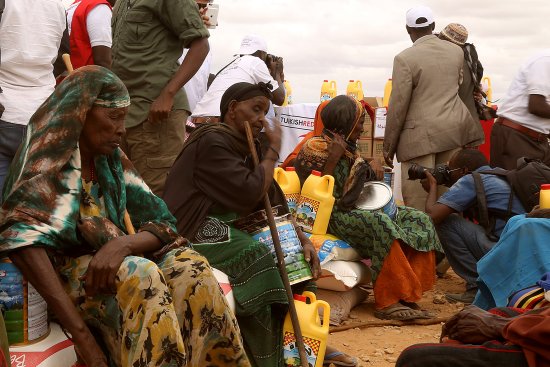
A plan to solve the country's humanitarian crisis has only received 32% funding
Five million people in Somalia, including 300,000 children under five, are suffering from food shortages, according to a new report by the United Nations. Among that estimate — representing over 40% of the population — 50,000 children are described as “severely malnourished.”
The report, released Tuesday, adds that the number of people considered “food insecure” has increased by 300,000 in the past seven months. The East African nation has long been wracked by violent conflict that has displaced over a million people, and its malnutrition problem has been exacerbated this year by drought conditions that have reportedly lowered crop production by half.
In addition, a Somalian Humanitarian Response Plan has only received 32% of its desired funding, Peter de Clercq, the U.N.’s humanitarian coordinator for Somalia, said in a statement.
“Additional resources are urgently required to boost response and ongoing efforts to sustainably address malnutrition and access to food,” he added.